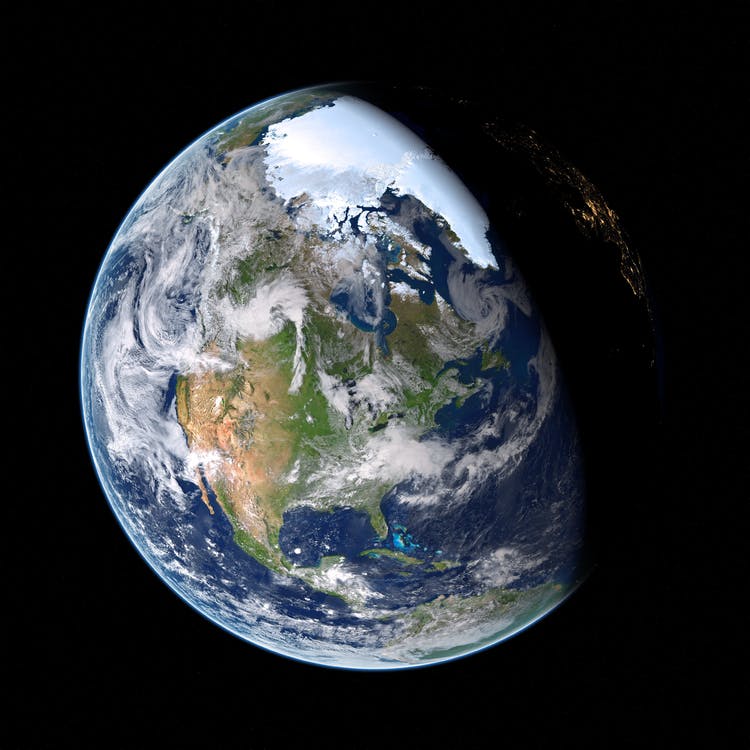How old is the rest of the Earth, this is a big question mark. Recent studies say the Earth will not die as quickly as previously predicted by scientists.
The hotter sunlight will not evaporate Earth’s water for at least another 1 billion to 1.5 billion years. When compared with previous predictions of scientists, this means hundreds of millions of years slower.
Previously, a study conducted by planetary scientist Ravi Kopparapu from Pennsylvania State University (Penn State), University Park, revealed that the Earth will gradually die when the water has evaporated. Extreme evaporation only requires about a 6% increase in the sun’s current heat, which he says occurs once every 100 million years.
That means Earth has only 600 million to 700 million years left for evaporation that could destroy life on Earth. However, the study was denied by a student.
Eric Wolf, a doctoral student at the University of Colorado, Boulder said Kopparapu’s study was quite simple, only analyzing what happens in one dimension, altitude. As a result, the study by Kopparapu excluded clouds and incorrectly assumed that climatic factors such as humidity were the same everywhere on Earth.
Wolf and his colleague, Owen Brian Toon, simulated Earth’s future using a more realistic 3D climate model from the National Center for Atmospheric Research. This includes clouds, and a number of other details such as regional differences in humidity.
In climate models, it is assumed that atmospheric CO2 levels have increased 25 percent higher than today. It didn’t stop there, he also raised the Earth’s heat to 15.5% higher than now. As a result, Earth’s temperature has increased dramatically from the current average of 15°C to 40°C.
But Wolf says that the heat isn’t hot enough to evaporate Earth’s water let alone boil it. So some living things in it are able to survive.
The stratosphere is also not warming up, Wolf concluded that Earth has at least 1.5 billion years left to support life, especially in the Polar region.


